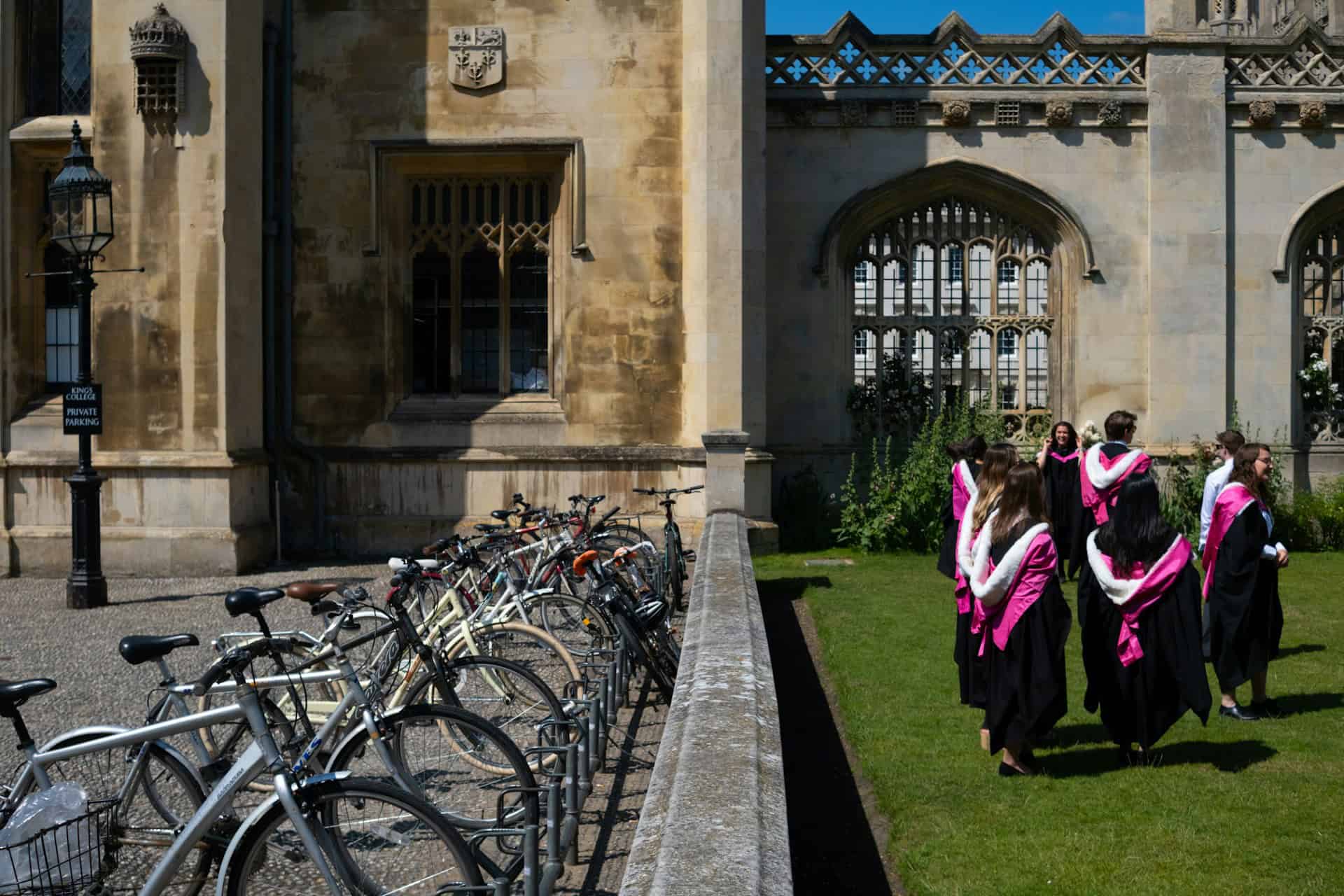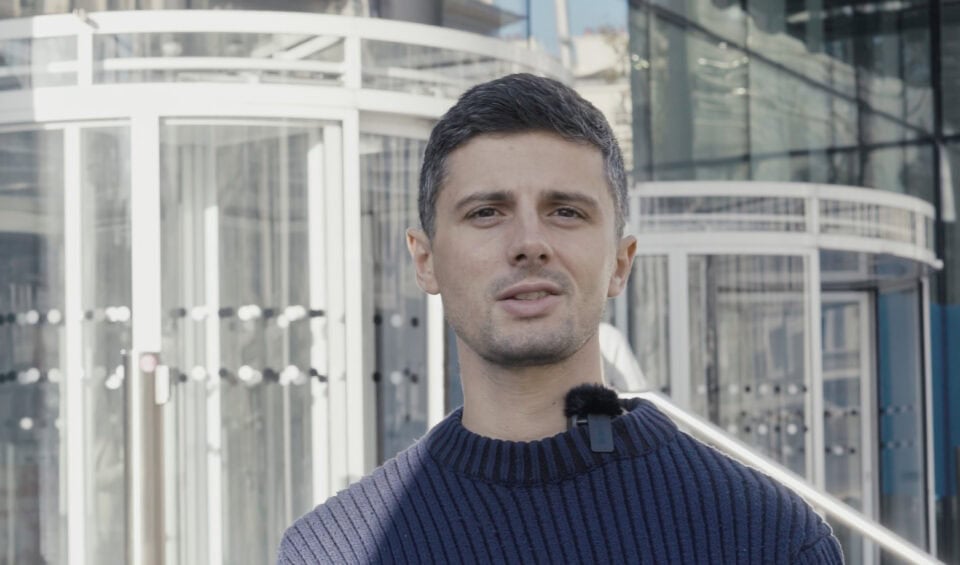I have to be honest. These past few weeks have not been much fun.
When I was asked how I felt hearing the government had agreed not to remove the Graduate route, the word that came immediately to mind was relief.
But there were other words too. Gratitude to every single organisation and person who, each in their own way, stepped up to the mark to defend something so precious. Anger at the risk global uncertainty had meant to teaching, research and the economy. Weariness at all the work this has taken. Dismay at damage as we have been forced to challenge stereotypes and confront slurs.
And yet also pride that we have come together — student-led organisations like NISAU and UKCISA, businesses, institutions and sector bodies, core cities, think tanks and journalists to say what we knew mattered in ways that could be heard. Every report and letter played its part. Every public statement and effort behind the scenes.
It was a perilously close run thing, of course, as those nearest to decision-making know best — they have served us so well. The government asked for expert advice and thanks to Brian Bell it received it, without fear or favour. Politicians with whom I disagree on many other things made their positions clear. And then politics itself intervened, because in the end the irony is this was always more about that than about us.
So now we focus once more on what matters, education itself, and the students from across the world who rightly choose the UK because of its wonderful universities, its range of courses, the opportunities it offers and its reputation for tolerance and welcome.
Because for most of us who work in international education, this is far more than just a job.
Ruth Arnold
Because for most of us who work in international education, this is far more than just a job. When we think about international students, we don’t see immigration statistics, we see people. Some of us see ourselves, or the faces of people we love, our colleagues, our friends.
I see the faces of people who could only consider coming to this country and investing in higher education because there was also the opportunity of post-study work.
I see my Albanian friend Dhionis who worked while he was a student in ICU in Leeds all the way through the pandemic, risking his life to protect ours. Remember clapping for the NHS during lockdown? — one of the people we recognised then was him.
And now there will be others like him whose lives will be changed by what was decided in Whitehall this week. People we haven’t yet met who will now be able to travel to this country to learn and then to work. People who will inspire us, who will become our friends and who will make a difference.
They will take their place in our lecture theatres and societies alongside the domestic students who will become their friends. They will walk the stage at graduation. They will give to our communities and their own. Their faces will be in the global family photograph that is British higher education — and that is worth fighting for.












